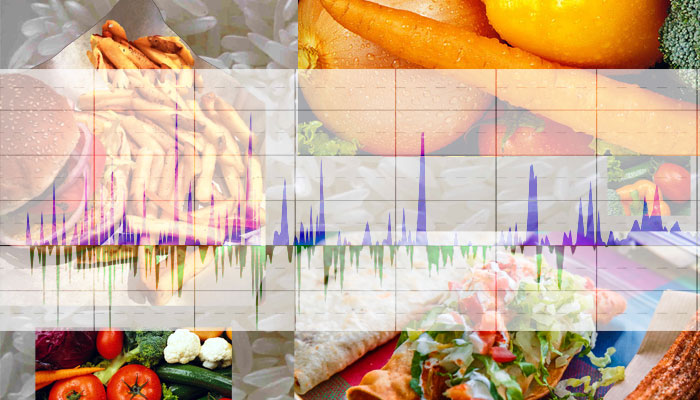Doha
Qatar’s food price inflation is to remain low on falling international prices, a QNB study has surmised.
The country's consumer price index (CPI) inflation has been easing in recent months and low food price inflation has played an important role in the downward trend. The latest reading registered 1.4% in June 2015, down from the 3.8% peak reached in August 2014. The decline in domestic food price inflation has been driven by the fall in international food prices that has been taking place since 2012.
But the QNB report said global food prices are expected to bottom out in 2015 on a pick-up in global growth and a recovery in oil prices. As a result, Qatar’s food prices are projected to increase only marginally in 2015 before recovering in the following two years, rising at around 2.0-2.6%.
Global food prices have been on a downward trend since their peak in the summer of 2012. The World Bank food price index, which is tailored for emerging markets, has declined by 27.6% since its August 2012 peak.
Slower global economic growth resulting in lower demand for food, the build-up of stocks as production of food outpaced demand and the recent drop in oil prices are the three factors that have contributed to the decline. Favourable weather conditions have contributed to the positive supply picture.
These three factors are expected to continue to play an important role for the outlook of international food prices. Global growth is expected to rise to around 3.8% in 2016-17, according to the International Monetary Fund’s latest assessment. And oil prices are expected to reach a bottom in 2015 before rebounding later as investment cuts among the US shale-oil producers begin to impact supply. Consequently, the World Bank expects global food prices to decline by 9.8% in 2015 before picking up slightly (0.8%) in 2016-17. Working out the current large stocks should ensure that the initial rise in food prices will remain moderate, QNB said.
The outlook for international food prices has implications for Qatar, which imports most of its food from abroad. This means that the food component of CPI in Qatar, which has a weight of 12.6% in the CPI basket, is closely linked to the World Bank food price index. "If the historical relationship between domestic and international prices persists, then we forecast that domestic food prices should rise only slightly in 2015 (0.2%) before picking up in 2016 (2.1%) and 2017 (2.6%)."
While food prices in Qatar are closely linked to global prices, there are factors which prevent the full transmission of international prices into the domestic economy. These factors include transportation, manufacturing and retailing costs as well as domestic policies limiting price increases on staple foods. These factors have been incorporated into our forecasts. Furthermore, our outlook for Qatar’s food prices can be subject to surprises. Most notably, weather surprises carry the biggest uncertainty and can lead to a significant deviation from the World Bank’s forecasts of international food prices.
Concluding its report, QNB said global food prices are expected to fall in 2015 for the third successive year before recovering somewhat in 2016-17. "The transmission of this into the Qatari economy should lead to domestic food price inflation of 0.2% in 2015, 2.1% in 2016 and 2.6% in 2017. As a result, food prices are expected to create a progressively more upward pressure on Qatar’s inflation. However, the risk of a breakaway inflation in Qatar is low given the large disinflationary pressures in the domestic components of CPI, especially housing. Qatar’s inflation should therefore remain moderate over the medium term."

